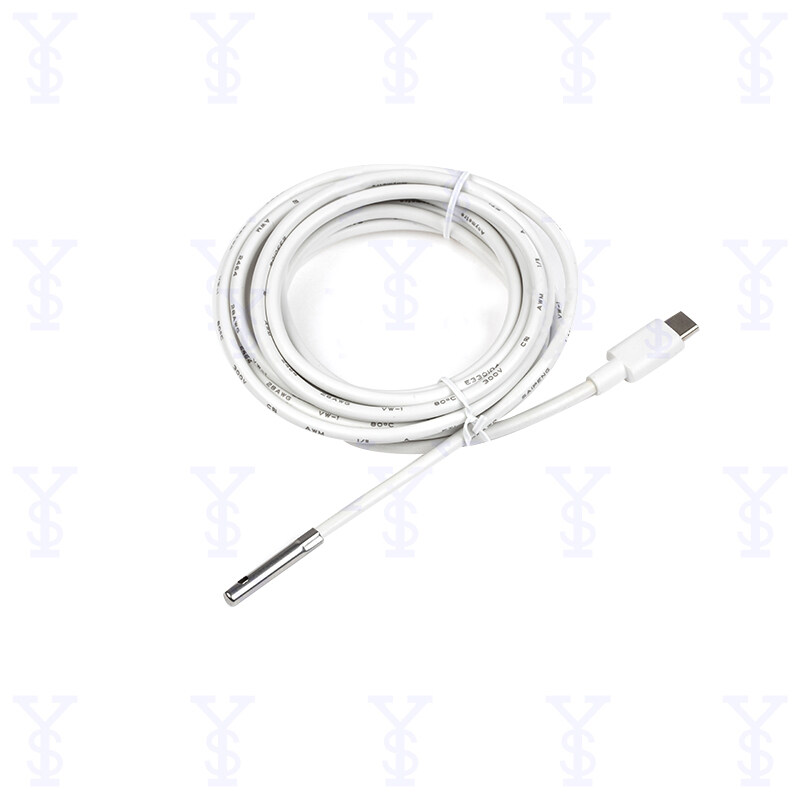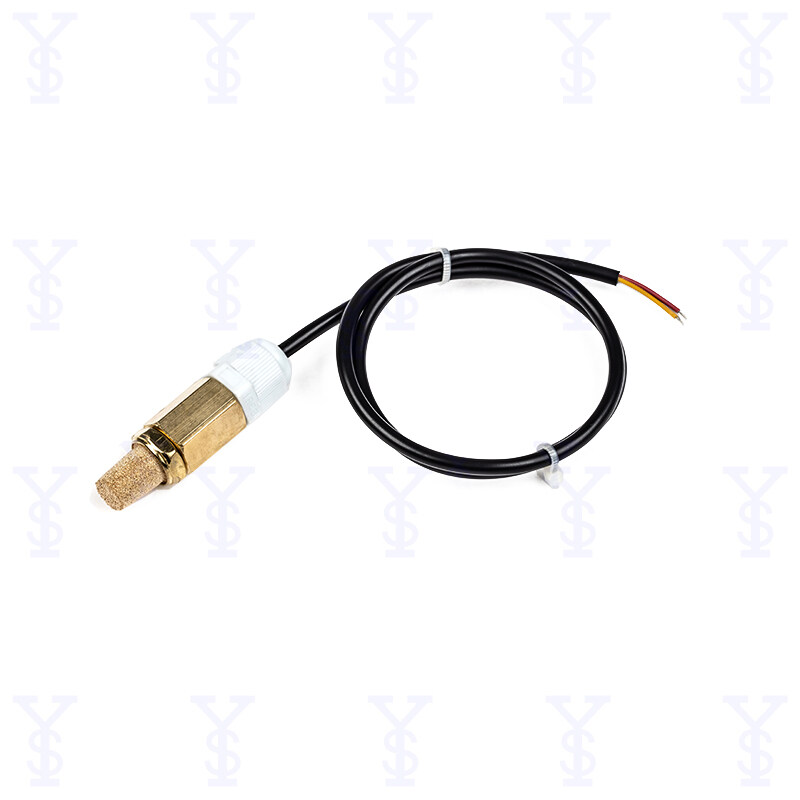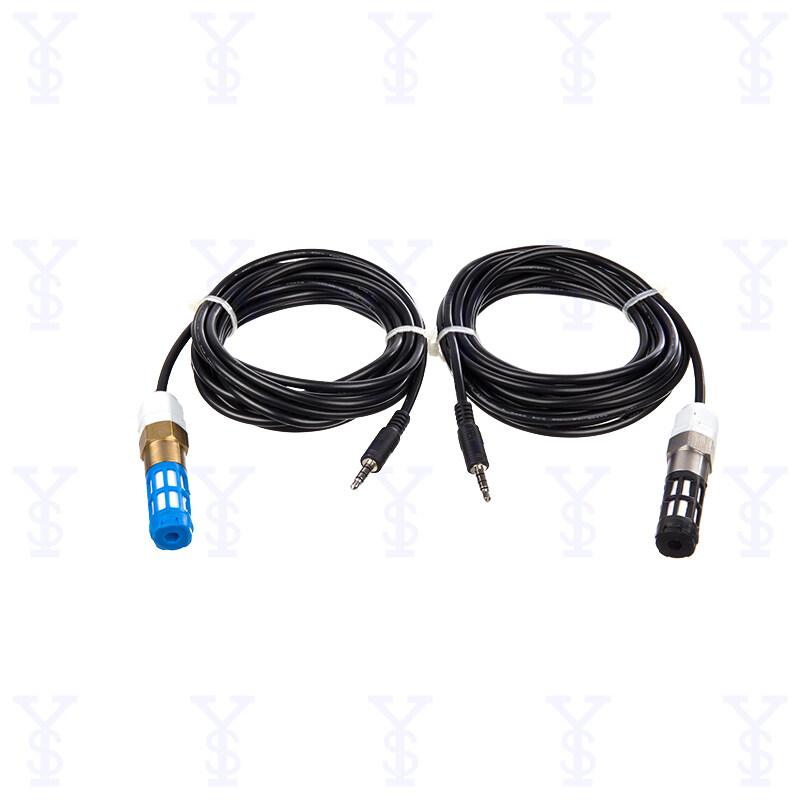Phoso ea sebopeho sa lengolo-tsoibila
emailCannotEmpty
emailDoesExist
pwdLetterLimtTip
inconsistentPwd
pwdLetterLimtTip
inconsistentPwd

Temperature and Humidity Sensor
Temperature and Humidity Sensor
(4)Temperature And Humidity Sensors in Car
Due to the strong connection between temperature and humidity and how it affects people's lives, temperature and humidity sensors were developed. A sensor that can convert temperature and humidity into electrical signals that are simple to monitor and process is referred to as a temperature and humidity sensor.
Smart Home Temperature And Humidity Sensor
Temperature and humidity in the living environment have a significant impact on people's quality of life. According to medical study, 22°C is the ideal temperature for human health. At 60% relative humidity, whether the temperature is too high or the humidity is incorrect, individuals will feel uncomfortable. The temperature and humidity sensor included into the smart house can continuously check the temperature and humidity inside, and the controller will decide whether to turn on the air conditioner, humidifier, etc. to control the temperature and humidity.
SHT41 Soil Temperature And Humidity Sensor
The temperature and humidity sensor utilizes SHT20, SHT30, SHT40, or CHT8305 series digital temperature and humidity modules. This digital temperature and humidity sensor has a digital signal output, a quasi-I2C interface, and a power supply voltage of 2.4-5.5V. It also has low power consumption, high precision, and good long-term temperature performance.
Agriculture Greenhouse Temperature And Humidity Sensor
One of the sensors is the temperature and humidity sensor. It continuously keeps an eye on the humidity and temperature of the air. According to a predetermined regulation, the temperature and humidity readings will be translated into an electrical signal or other necessary kinds of information output. In the manufacture of food, the temperature and humidity sensor has been crucial.





